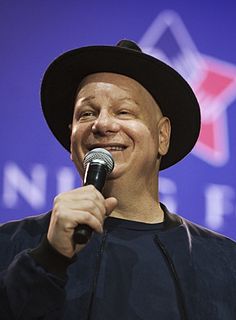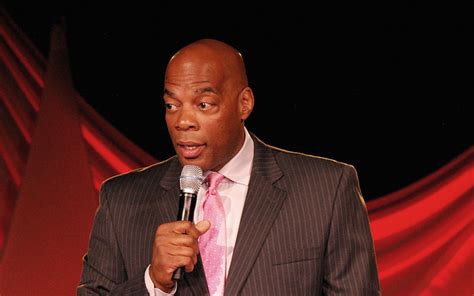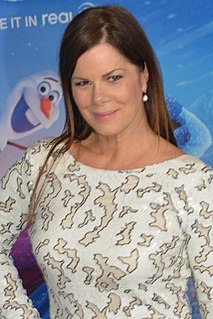A Quote by Jeff Ross
Do you want me to apologize after every joke? If it doesn't offend somebody it's probably not a joke. It's probably an observation that's not funny. It's gotta offend somebody somewhere.
Quote Topics
Related Quotes
There's a difference between maliciously offending somebody - on purpose - and somebody being offended by...truth. If you're offended by the truth, that's your problem. I have no obligation to not offend you if I'm speaking the truth. The truth is supposed to offend you; that's how you know you don't got it.
"I've learned what's funny verbally ain't so funny on e-mail: They don't hear your intonations. Melissa broke up with somebody over that. She tried to tell him: "That was a joke!" But he just didn't get it. Mick Jagger said, "F- 'em if they don't get the joke." And I love him. That comes with age: Knowing it's their problem, not mine."
I have become a giant fan of the testing process, especially with a comedy. I mean, they tell you what's funny. It's almost tailor-made for people who shoot the way we shoot, trying a million different options and versions of things. Because the audience doesn't laugh at a joke, we put in another joke. If they don't laugh at the next joke, we put in another joke. You just keep doing them and you can get the movie to the point where every joke is funny, if you have enough options in the can.
You know, I liken it to - when you write a joke for somebody else, it's like you - you know, like the Wile E. Coyote dynamite plunger, where he pushes the plunger down and then you see the fuse go then there's an explosion in the distance? That's like writing a joke for somebody. When you tell the joke, you're in the explosion.

































